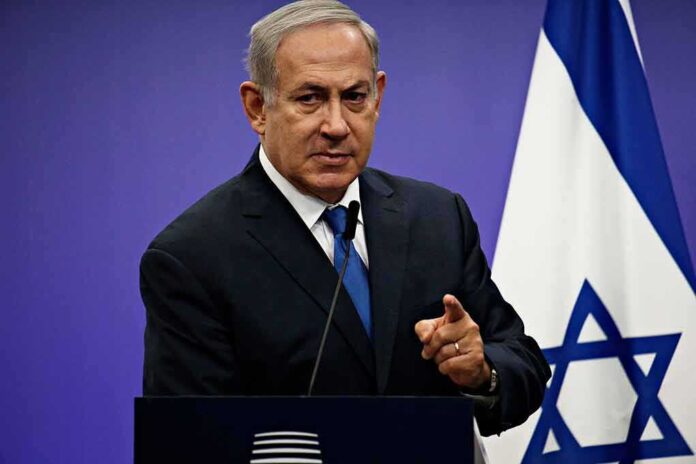
Israel’s bold expansion of 22 new Jewish settlements in the West Bank defies international criticism, strategically strengthening the nation’s territorial claims while critics warn it could permanently derail Palestinian statehood ambitions.
Key Takeaways
- Israel has announced plans to establish 22 Jewish settlements in the occupied West Bank, including legalizing 12 previously unauthorized outposts
- Defense Minister Israel Katz declared the move “strengthens our hold on Judea and Samaria” and serves as “a crushing response to Palestinian terrorism”
- Palestinian officials condemned the decision as a “dangerous escalation,” while international bodies including Britain and Jordan criticized it as illegal
- The settlement expansion represents the largest such action since the 1993 Oslo accords, potentially reshaping the geopolitical landscape
- The decision comes amid ongoing tensions following Hamas’ October 2023 attack and ahead of international peace conferences
Israel’s Strategic Settlement Expansion
In a decisive move affirming Israel’s territorial claims, the government announced plans to establish 22 Jewish settlements across the occupied West Bank. This extensive expansion includes legalizing 12 existing outposts, developing nine entirely new settlements, and reclassifying a neighborhood as a separate settlement. Defense Minister Israel Katz and Finance Minister Bezalel Smotrich jointly unveiled the plan, which represents the most significant settlement expansion since the 1993 Oslo peace accords. The move occurs against the backdrop of ongoing regional tensions, with both ministers framing it as a strategic necessity.
“This strategic move prevents the establishment of a Palestinian state that would endanger Israel,” stated Defense Minister Israel Katz, highlighting the security rationale behind the decision. Katz further emphasized that the expansion “strengthens our hold on Judea and Samaria and constitutes a crushing response to Palestinian terrorism.” The timing of this announcement is particularly significant, coming ahead of an international conference led by France and Saudi Arabia aimed at reviving the two-state solution process, potentially complicating diplomatic efforts in the region.
Palestinian and International Reaction
The settlement expansion has drawn swift condemnation from Palestinian officials and international observers alike. Palestinian President Mahmoud Abbas’s spokesperson characterized the move as a “dangerous escalation,” while Hamas officials urged the United States and European Union to take concrete action against the decision. Jordan, a key regional player, formally condemned the expansion as illegal and detrimental to peace prospects. Britain’s Middle East minister explicitly called the settlement expansion a “deliberate obstacle” to Palestinian statehood, reflecting widespread international concern about the impact on future peace negotiations.
The Israeli anti-settlement group Peace Now warned that the decision would fundamentally reshape the West Bank and further entrench what they describe as occupation. According to Peace Now’s assessment, this represents the most extensive settlement approval in a single decision. The United Nations’ top court has previously ruled Israel’s presence in the occupied territories as unlawful, a position rejected by Israel. With over 500,000 Israeli settlers already living among more than three million Palestinians in the West Bank, critics argue this expansion further complicates the viability of a future Palestinian state.
Political Implications and Future Outlook
Prime Minister Benjamin Netanyahu’s Likud party has described the settlement expansion as a “once-in-a-generation decision” with significant strategic value. Finance Minister Bezalel Smotrich, himself a settler and advocate for annexation, called it a “historic decision,” underscoring the ideological importance attributed to this policy by the current Israeli government. The decision represents a confident assertion of Israeli sovereignty in disputed territories, particularly significant in the aftermath of the October 7, 2023, Hamas attack that resulted in substantial casualties and ongoing military operations in Gaza.
For the Israeli government, the settlement expansion demonstrates resolve in securing what it considers strategic territory. For Palestinians and many international observers, it raises profound questions about the future viability of a two-state solution. With Israel having withdrawn settlements from Gaza in 2005 but now considering re-establishing them according to some government figures, the current expansion indicates a potentially significant shift in Israel’s territorial approach. This development will likely remain a central point of contention in ongoing peace efforts and international diplomacy concerning the Israeli-Palestinian conflict.

































